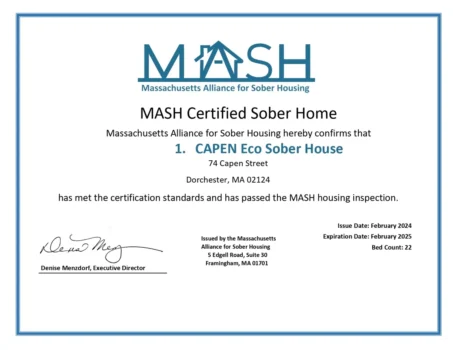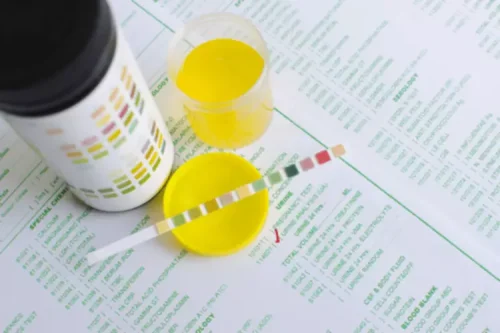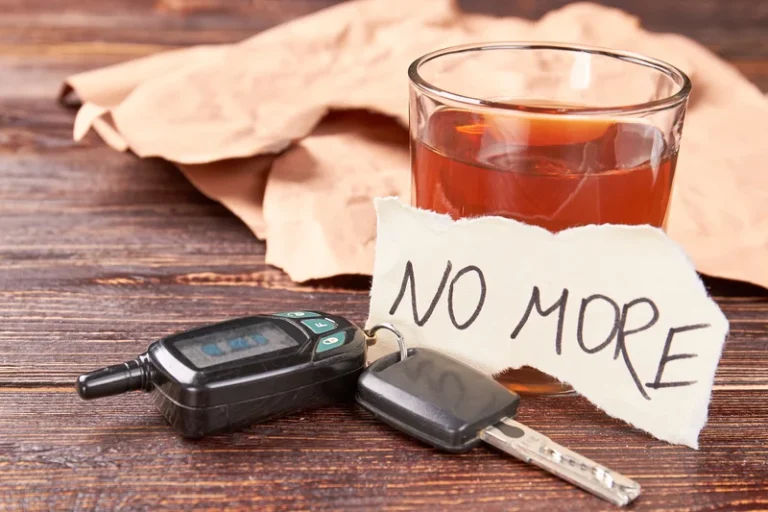Casa Esperanza Supportive Housing Roxbury, MA

Our veteran’s sober home known as the United House for Veteran’s is dedicated to providing safe and supportive environment for veterans in recovery. We understand the unique challenges veterans face and are here to support them on their journey to a sober and fulfilling life. At Teras, clients work with their on-site case manager and our vocational coach to develop a recovery fellowship and engage work. Clients of Teras may also be involved in outpatient treatment while they develop a foundation in their recovery work, and apply to work positions. After 30 days, clients are expected to be employed while they continue progress in their recovery work. They continue to meet with their case manager weekly and participate in community support activities.

Faith House #4
Therapy is a pivotal part of effective substance abuse treatment, as it often covers root causes of addiction, including challenges faced by the patient in their social, family, and work/school life. Substance rehabs focus on helping individuals recover from substance abuse, including alcohol and drug addiction (both illegal and prescription drugs). They often include the opportunity to engage in both individual as well as group therapy. Opioid rehabs specialize in supporting those recovering from opioid addiction. They treat those suffering from addiction to illegal opioids like heroin, as well as prescription drugs like oxycodone. These centers typically combine both physical as well as mental and emotional support to help stop addiction.
Search for Transitional Housing
On Saturdays, clients can participate in engagement activities, like trampoline dodgeball, go-kart racing, and escape room challenges. We provide opportunities for meaningful development of community and positive social connection through these experiences and more. 12-step programs are addiction recovery models based on https://ecosoberhouse.com/article/what-is-the-life-expectancy-of-an-alcoholic/ Alcoholics Anonymous (AA).
Our Houses

Life skills trainings involve all the skills a person must have in order to function successfully in the world. These include time management, career guidance, money management, and effective communication. Truly successful addiction recovery is based on the ability to not only live substance-free, but to thrive. Life skills teaches the practical necessities of functioning in society, which sets clients up for success in life, and therefore sobriety. In individual therapy, a patient meets one-on-one with a trained psychologist or counselor.
- A number of substance abuse programs (including some drug and alcohol rehab centers) use the 12 steps as a basis for treatment.
- Faith House #2 is an all male recovery house located in Dorchester, MA.
- Medical detox is done by licensed medical professionals who monitor vital signs and keep you safe, healthy, and as comfortable as possible as you go through detox and withdrawal.
- Faith House #1 is an all female recovery house located in Dorchester, MA.
Visit the Vanderburgh House website to learn more about their sober homes. Sober Living Houses (SLHs), aka sober homes or halfway houses, are safe, substance-free, supportive living facilities for those recovering from substance abuse. Ideal for those who’ve just been through inpatient or outpatient sober house roxbury ma treatment, SLHs are supervised environments with rules that support sobriety, such as curfews, shared chores, and therapeutic meetings.
Faith House #7
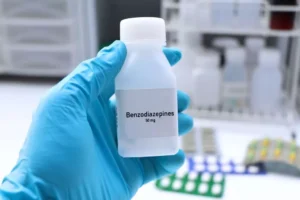
Over time, a physical dependence can develop, meaning the body physiologically needs the substance to function. Detox is the process of removing drugs and/or alcohol from the body, a process that can be lethal if mismanaged. Medical detox is done by licensed medical professionals who monitor vital signs and keep you safe, healthy, and as comfortable as possible as you go through detox and withdrawal. Those with poor social support, poor motivation, or psychiatric disorders tend to relapse within a few years of treatment. For these people, success is measured by longer periods of abstinence, reduced use of alcohol, better health, and improved social functioning.
Sober Living In Roxbury
Experiential therapy departs from traditional talk therapy by involving the body, and having clients engage in activities, movements, and physical and emotional expression. This can involve role-play or using props (which can include other people). Experiential therapy can help people process trauma, memories, and emotion quickly, deeply, and in a lasting fashion, leading to substantial and impactful healing.

Physical support often includes medical detox and subsequent medical support (including medication), and mental support includes in-depth therapy to address the underlying causes of addiction. Our women’s sober home is a safe and supportive environment for women in recovery. It is a place where they can feel comfortable and be themselves, surrounded by other women who understand the unique challenges they face in their recovery journey. At Teras, we offer structured sober living with flexible structure to meet the needs of those returning to family, work, school, or other commitments. At Teras, our experienced team, plus ancillary providers, provide a high level of support for clients to take action in a recovery fellowship, and engage outside structure. Boston Sober Homes is a M.A.S.H certified sober housing company for those who are serious about their recovery and sobriety.
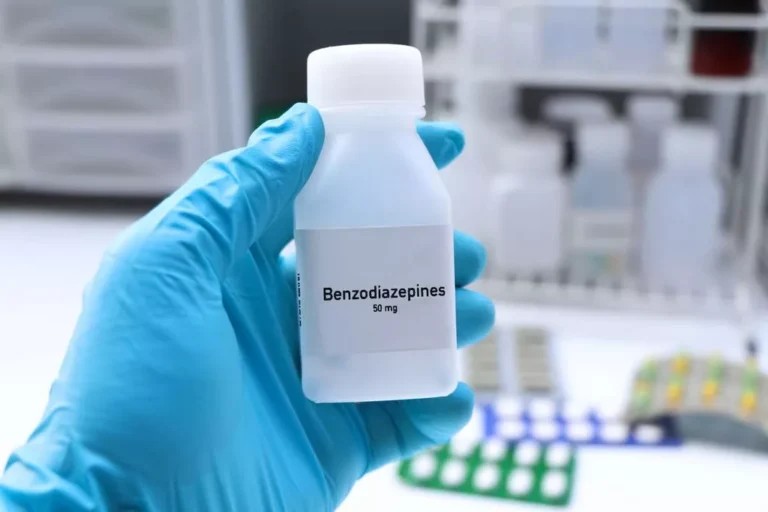
Providing clean, safe, comfortable space needed for individuals to succeed in their recovery.
Our mission is to provide clean, comfortable accommodations in a positive environment for those looking to live a sober lifestyle. Our homes and their atmospheres are nurtured by the guests they provide for. A combined mental health and substance abuse rehab has the staff and resources available to handle individuals with both mental health and substance abuse issues. Completing a drug or alcohol rehab program shouldn’t spell the end of substance abuse treatment.






